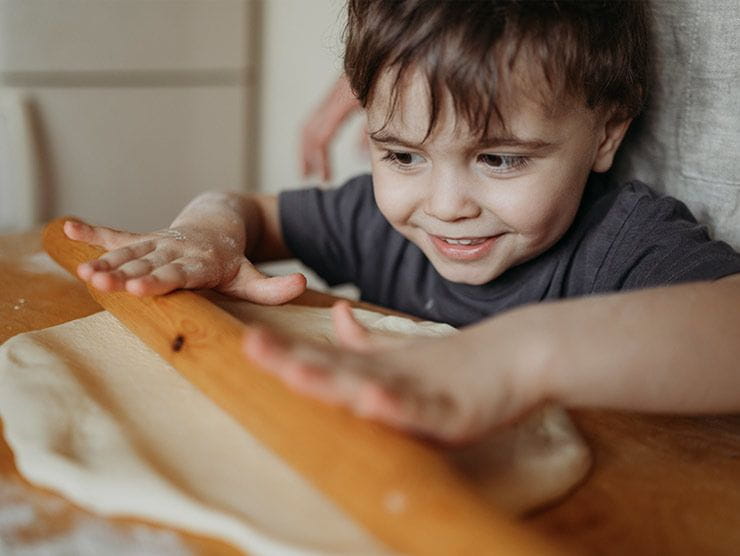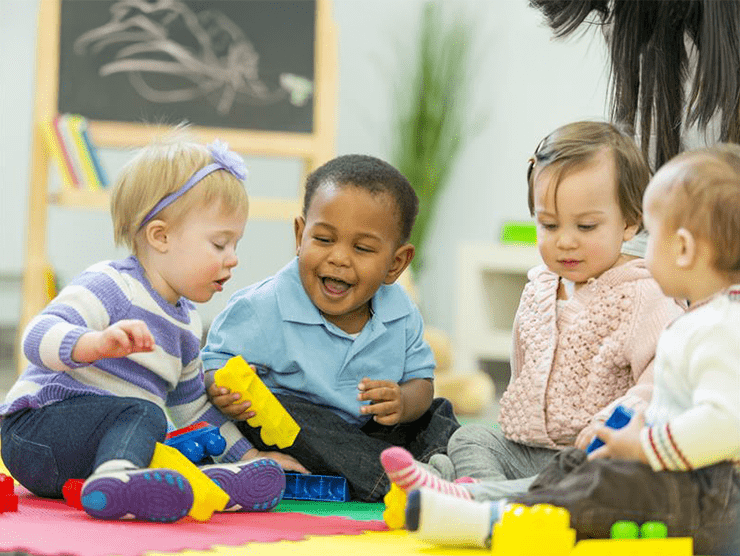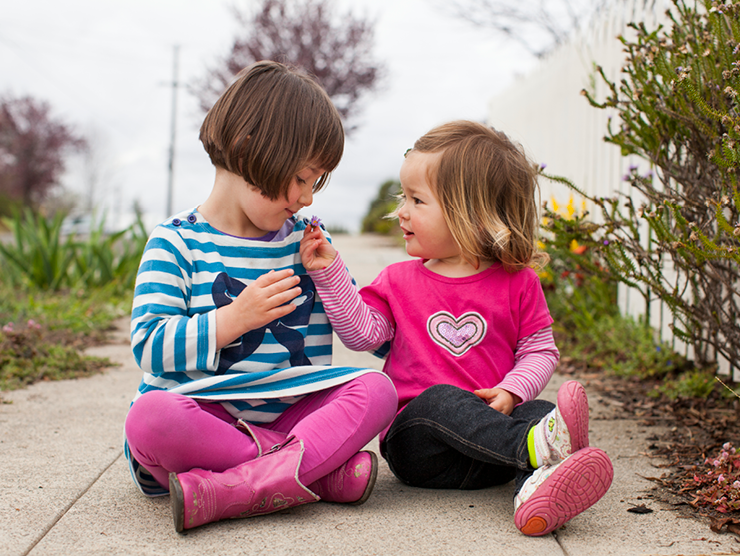Toddlerhood is a period of extensive growth, and one of the most critical areas of change during these years is a young child’s emotional development. Toddler emotional development focuses on building foundational and lifelong skills within the context of their expanding developmental abilities.
Those who have parented, taught, or have simply been within earshot of a toddler can tell you that they are independent, curious, playful, loving, and assertive. Toddlers are tiny humans with limited vocabulary, who seem to be riding unpredictable emotional waves all day—elated, happy, and excited one moment and then having tantrums, saying “no”, and lacking emotional control the next moment. The typical emotional ups and downs of toddler life often lead parents and caregivers to seek a better understanding of a toddler's developing mind and ways to support healthy development.
Recognizing and expressing emotions
Children at this stage of development are beginning to identify and label emotions such as happiness, sadness, anger, or frustration. While toddlers may not always have the words to describe how or what they are feeling, we have a window into their world via their behavior. Crying, yelling, and kicking, for instance, are all forms of communication a toddler may use when lacking the language to express emotions, and our job as parents and caregivers is to become a behavior detective and find out what our child is telling us.
As a parent or caregiver, this is a wonderful opportunity to introduce a feelings library and emotionally rich vocabulary. Adults can help toddlers label their emotions by saying something like “I see your face is red, your hands are in fists, and I can feel your heart beating fast. Are you feeling mad?” Adults can help build the connection between the physical sensations the toddler is experiencing and the appropriate emotional vocabulary word.
Managing feelings
While the strategies mentioned above won’t immediately yield a child who can flawlessly execute feelings identification, it does lay the foundation to support your toddler’s management of these feelings. I’m feeling frustrated/mad/sad—now what?
Toddlers are still learning how to manage their emotions, and it is normal for them to have big reactions when they’re frustrated. The portion of the brain that is responsible for impulse control and emotional regulation (the prefrontal cortex) is generally not fully developed until young adulthood, so this is an especially shaky skill for young minds. Toddlers are easily overwhelmed by big emotions that flood their brains and nervous systems.
Adults can begin to teach emotional regulation first by offering connection and comfort. Parents and caregivers can guide their toddlers through appropriate regulation strategies including breath work, mindful movement, taking space, etc. Spending time with your child, and understanding their personality and temperament will help you when providing regulation strategies for your child, as you will be able to lean into their interests.
Developing empathy
Young children begin emotional development by understanding what is happening inside of their own bodies before they develop the ability to recognize how another person feels.
Toddlers are beginning to notice how others are feeling; they may show concern for a friend who is upset by handing them their lovey or trying to comfort a crying sibling with a gentle pat on the back. These moments are so important for the future development of empathy, even though they don’t have a deep understanding just yet. Parents and caregivers can support empathy development by pointing out other people’s feelings during play situations, or when reading high-quality, age-appropriate children’s books together. “Oh! Our friend Sophie fell down. She is crying and holding her knee. It looks like she may feel sad. Can we help?”
Developing independence and self-skills
As toddlers grow, and become more aware of themselves and others, they naturally begin to assert their independence. While it can be tempting to jump in and put on your toddler’s shoes, a lot of learning takes place in the moments we allow our toddlers to do things on their own. This is a large part of a toddler building confidence and self-esteem. Show your toddler you believe in the power of their capabilities, and they will too.





